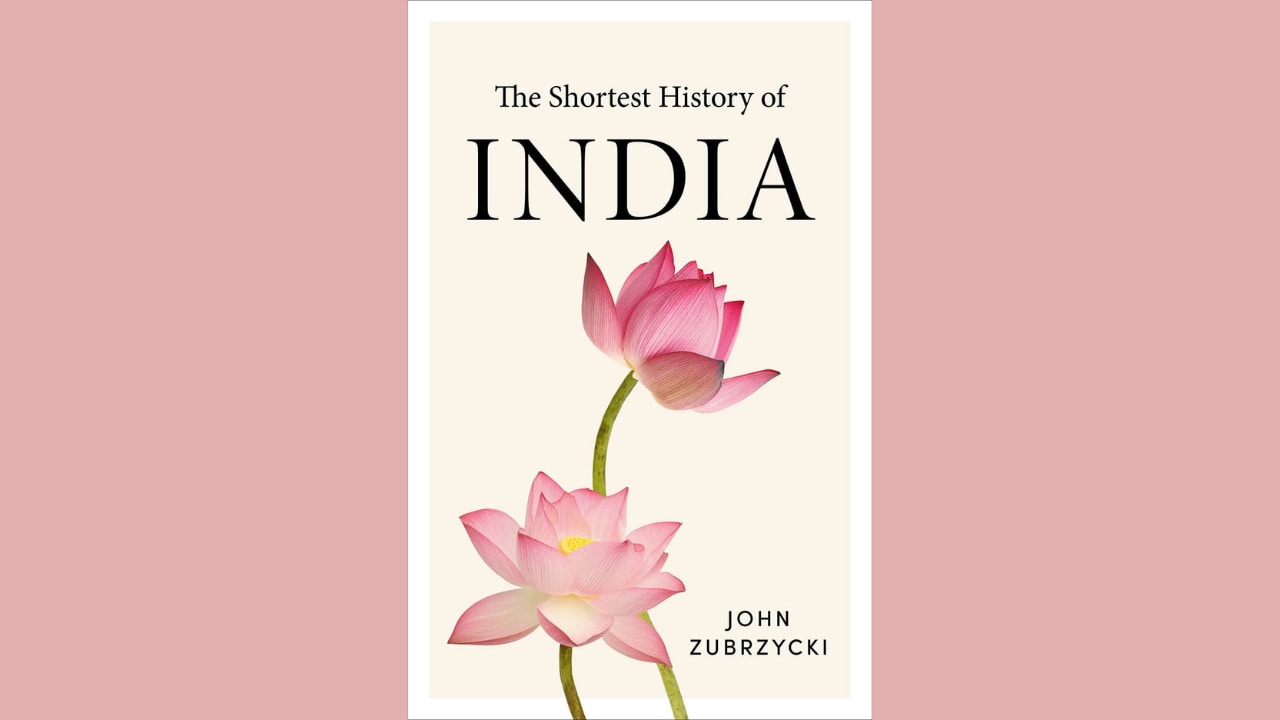“A ruler should win over his people by seduction.”
Such gems from various periods in Indian history, dot ‘The shortest history of India’ published by Picador. The book keeps India in focus, while connecting parallel narratives (painstakingly put together) from across the world as ‘influences.’
Let’s salute the author for attempting this extremely difficult book, which is also ridiculously easy to have an opinion on. The inherent contradictions in historical accounts on the basis of which opinions are formed, are always a challenge. Consider this question- when invaders write the history of their conquests; would it be in their interest to write a true account? Or would they write a version that serves them? To what extent do ‘primary sources,’ such as a preserved letter, represent facts? For instance, was the Battle of Plassey a skirmish or a decisive war? And should this be open to debate?
The book endeavours to paint a broad canvas of India, spanning the age before Christ – there is a reference to the Upanishads written between 800 to 300 BC and a time in 240 BC when the Buddhist council was instructed by Emperor Ashoka to spread Buddha’s teachings to other countries- all the way up to the modern day BJP Government. Citing several tomes, John Zubrzycki, the Australian author says that ‘as the world’s oldest continuous civilisation, India has much to draw on and even more to offer to the world.”
Things that stood out for me in the book include-
1. The author believes that India’s proudest achievement has been its unbroken record as a liberal democracy; over seven decades it has successfully conducted 17 general elections and many state elections. The book also questions whether this is enough.
2. The book references Kautilya’s Arthashastra which proposes that “morality should never be allowed to influence statecraft.” Apparently, when Max Weber read ‘Arthashastra’, he commented that its radicalism made Machiavelli’s ‘The Prince’ look harmless. What fun! There is also a reference to Alberuni’s ‘Kitab al Hind’ which drew largely on Sanskrit sources and is argued the finest account of India and its people, philosophies and relations prior to the Mughals. Totally worth reading.
3. A perspective in the book is that Gandhi’s Quit India movement in 1942 was a disaster. It led to the jailing of the Congress leaders and allowed the Muslim League to gain strength and press for partition. Despite the fact that India was the jewel in the British Crown, the second world war distracted public opinion for a while, allowing the British to oppress India’s freedom movement. What contrary view have you read?
4. Much literature has now emerged about Winston Churchill and his utter distaste for Indians. Famine or no famine, “Indians will breed like rabbits’ was always his view, while diverting ships that were to deliver food. As India has emerged from this to overtake UKJ as the world’s fifth largest economy; one cannot but wonder about the resilience and spirit of the nation.
5. From a country that had a life expectancy of 26 years in the early 18th century to a diaspora that includes Kamala Harris, the current Vice President of the United States, the author contends that India’s greatest moments are yet to come if it’s billion plus citizens are given the chance to achieve their full potential. What’s not to agree?
6. The section titled ‘Suggested Reading’ on page 263 is a delightful curation. Condensing thousands of years of action-packed history into nine chapters is no mean feat. As the British economist Joan Robinson said, “whatever you can rightly say about India, the opposite is also true.”
Reeta Ramamurthy Gupta is a columnist and bestselling biographer. She is credited with the internationally acclaimed Red Dot Experiment, a decadal six-nation study on how ‘culture impacts communication.’ On Twitter @OfficialReetaRG
